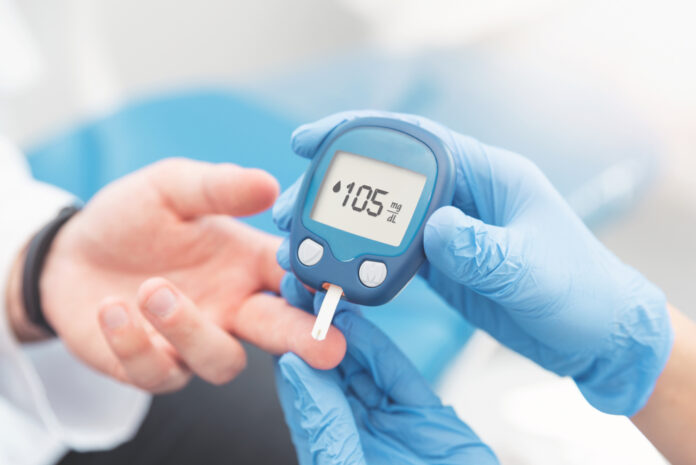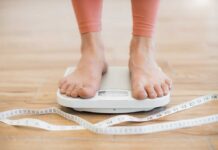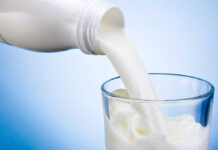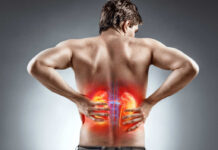
A chronic medical condition called type 2 diabetes affects millions of people all over the world. Diabetes that is not controlled can cause kidney failure, heart disease, blindness, and other serious diseases.
Your blood sugar levels may be high before diagnosis but not high enough to indicate diabetes. In that case, your physician may diagnose you with prediabetes. Up to 37% of those with untreated prediabetes are predicted to acquire type 2 diabetes within four years.
It’s not a given that prediabetes will progress to diabetes. While you cannot change some factors, such as your genes or age, you can adjust your lifestyle and food, which may lower your risk.
Watch What You Eat
When faced with the realization you may be diagnosed with diabetes, it’s time to look at your diet. First, consider your carbohydrates. There are some carbohydrates that are healthier for you. These foods are higher in fiber.
When choosing healthier carbs, you want to focus on non-starchy foods such as broccoli, mushrooms, whole grain bread, and some fruits. You can make even better choices by opting for lean proteins. Fish, nuts, and avocado fall under this category.
Get Moving
It’s great if you can exercise regularly, but at the very least, increase your physical activity each day. You may only start out with ten minutes of movement, but that is better than nothing. As you consistently add activity to your day, you will feel stronger, have more energy, and increase your physical fitness.
Watch Your Portion Sizes
Many Americans tend to double and even triple their portion sizes without even knowing it. Pay attention to labels, and you might be shocked at what a portion size truly is. It’s important to follow these to keep your calories down.
You will soon see that the foods you choose, not doubling your portion sizes, are what will keep you feeling full and losing weight. Choose foods high in protein and fiber to get you through the day without constant snacking. And when you do snack, grab a handful of nuts or a piece of fruit instead of cookies and chips.
Get Your Water In
As you move toward healthier eating and more physical activity, concentrate on reaching your daily water intake as well. For years we’ve been told to drink eight 8 oz. glasses of water a day, but there are suggestions that we may need more. How much you need may be based on your gender and weight. Women may need as much as 11 glasses of water a day.


















